‘I truly believe that communication is key’
By Tony Sanchez

In our latest Women in Finance Interview, Tony Sanchez speaks to Mathura Paramjorthy, COO and general counsel at TAB.
Mathura joined TAB in June 2019 as the chief operating officer and general counsel. Before that, she was a partner at Philip Ross Solicitors for over 12 years, managing a team of five solicitors and securing work from a number of real estate developers.
Mathura has over 20 years of experience in property law, including real estate, secured lending, bridging finance and acting for developers.
Her current role at TAB within the senior management team involves loan management, legals, underwriting and sign off.
What brought you into financial services?
I decided I was ready for a new challenge. I’d known Duncan (CEO and founder of TAB) for over 20 years, and heard about his new venture with TAB.
I wanted to learn a bit more about it and I was soon offered a role with the company!
What do you think makes a successful leader? And in particular women leaders?
I truly believe that communication is key. Anything can be resolved if people are willing to have a conversation about it, even if there needs to be a compromise. I think successful leaders have a clear direction and a strategy to take them there.
Also, no leader is any good without a supportive team who share your goals and support what you say and do. It’s also important to be able to understand different personalities and how to get the best out of your team using their individual strengths.
I don’t necessarily think that women leaders require different traits than other leaders, more that the most important things are the leadership skills themselves and a willingness to improve.
What are the biggest barriers you have faced in your career in financial services?
Personally, the biggest challenge was not having a background in financial services, especially compared to the other members of the SMT who all had long-standing experience in the industry. It was a steep learning curve considering I joined as a senior manager. I’m lucky that I am adaptable.
I understand that being female can be considered as a barrier for many, but I’m fortunate that the SMT and leaders at TAB don’t treat me differently which empowers me to do my job. It’s important to champion people regardless of their demographics.
If you could tell your younger self one thing you know about business now, what would it be?
Don’t be afraid to change industry because I did it and I was fine, and always challenge yourself.
What’s your own personal mantra?
Surround yourself with good people. It’s the same mantra as Duncan!
What do you think is key for finding a successful work-life balance?
It’s important to have boundaries, and to respect those boundaries for yourself. Be mindful of what needs to be prioritised, and compartmentalise the rest so you can focus on those priorities when you need to.
What’s one key leadership lesson you’ve learned along the way?
I’ve learnt that voicing my opinion, being heard and understood, helps me to hear and understand others.
When you’re not afraid to speak up and put something out there, others will feel comfortable doing the same.
What advice do you have for women aiming for leadership positions?
Find the opportunities. Talk to your SMT and see what projects are available for you to lead on. You need to show you can step up and take on the responsibility.
What do you think is holding women back?
I am held back by my self doubt, and putting too much weight into what I feel my limitations are. Learning that failure is ok and you are resilient enough to try and maybe fail will help you take the next step.
Do you think there is still a glass ceiling?
Not at TAB!
What are your thoughts on the Women in Finance Charter?
It’s great – hopefully it will do a lot of good but it’s only as good as the changes that happen because of it. It needs to do what it has set out to do.
How do we encourage more women into financial services?
Education about the financial services is a good start. I think workshops and think tanks can do a lot to highlight that there is a place for women in this industry, and that we belong here.
The gender pay gap is only second worst to the construction industry. What can organisations do to address this?
Organisations need to be open, and encourage conversations. Where companies are failing this needs to be addressed and they need to be held accountable.
What is your biggest achievement to date?
It’s hard to think of one, but professionally speaking I am proud that I provide visibility. I think it can empower other women simply by showing them it can be done.


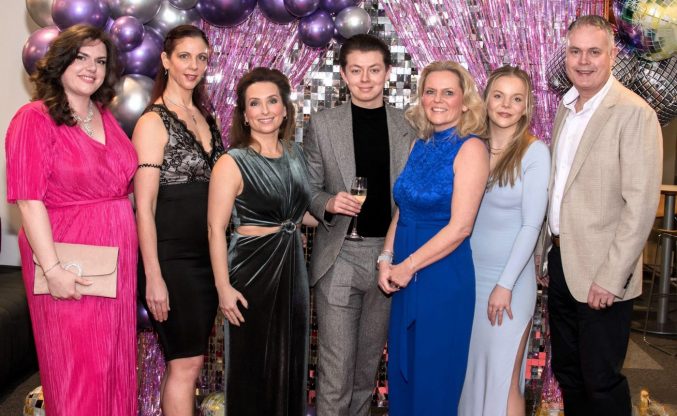
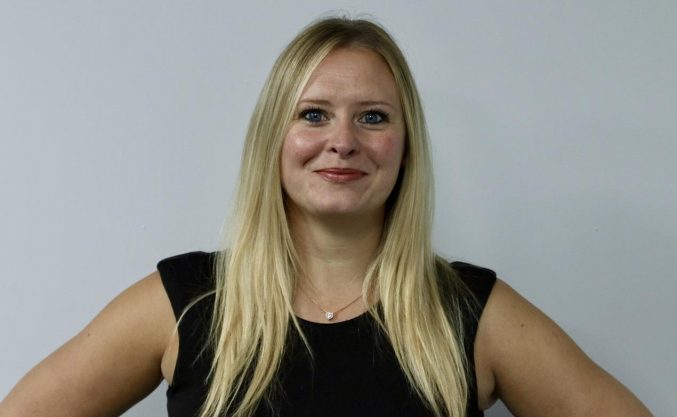
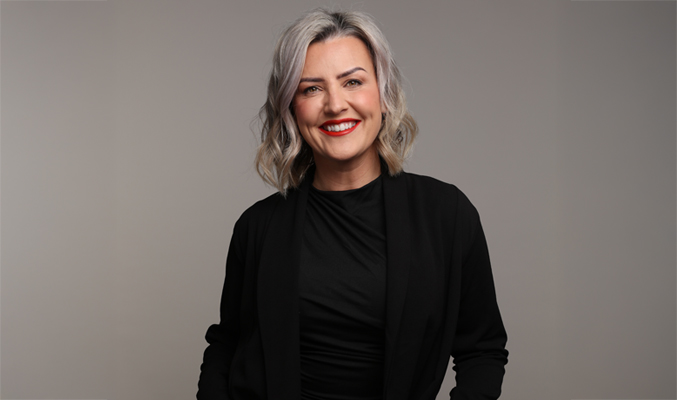

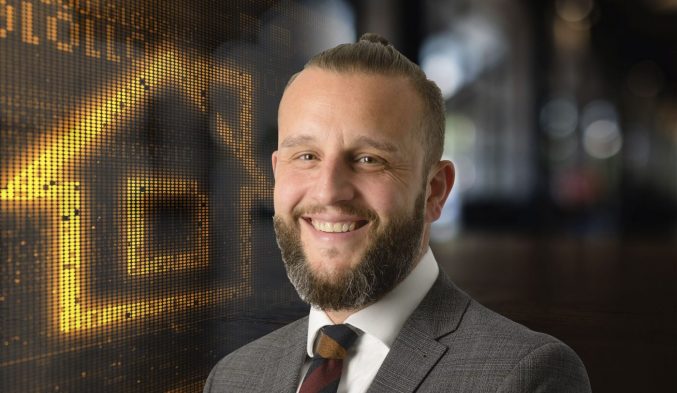
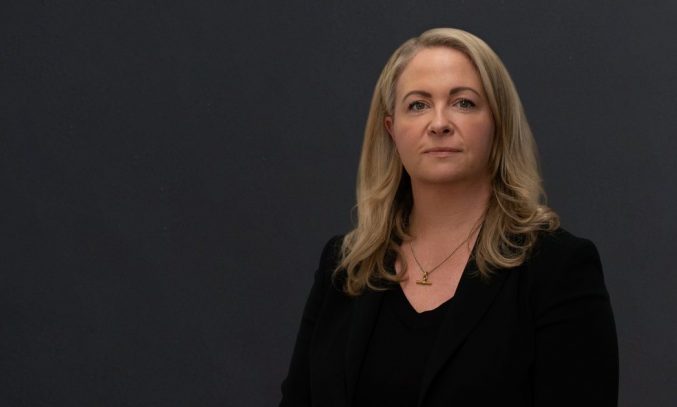
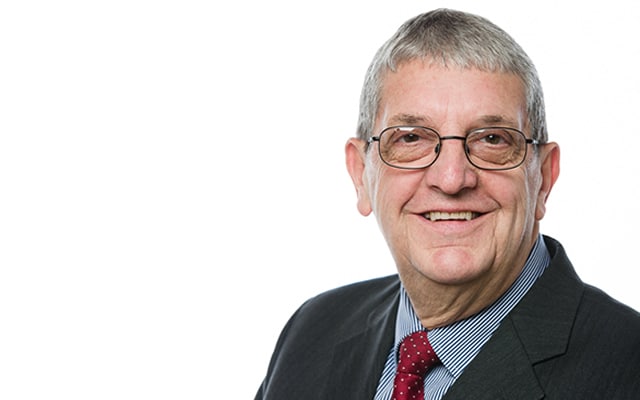
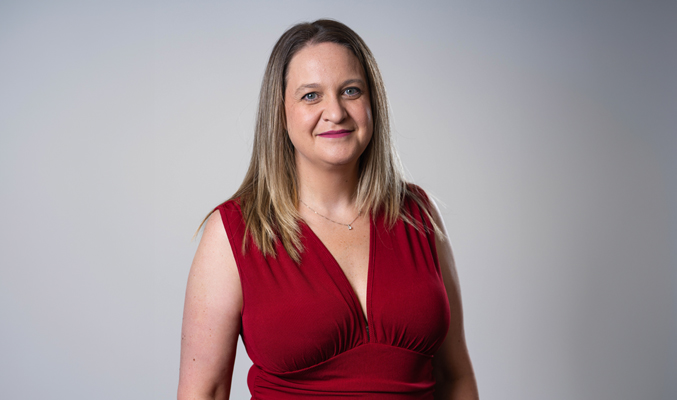
You must be logged in to post a comment.